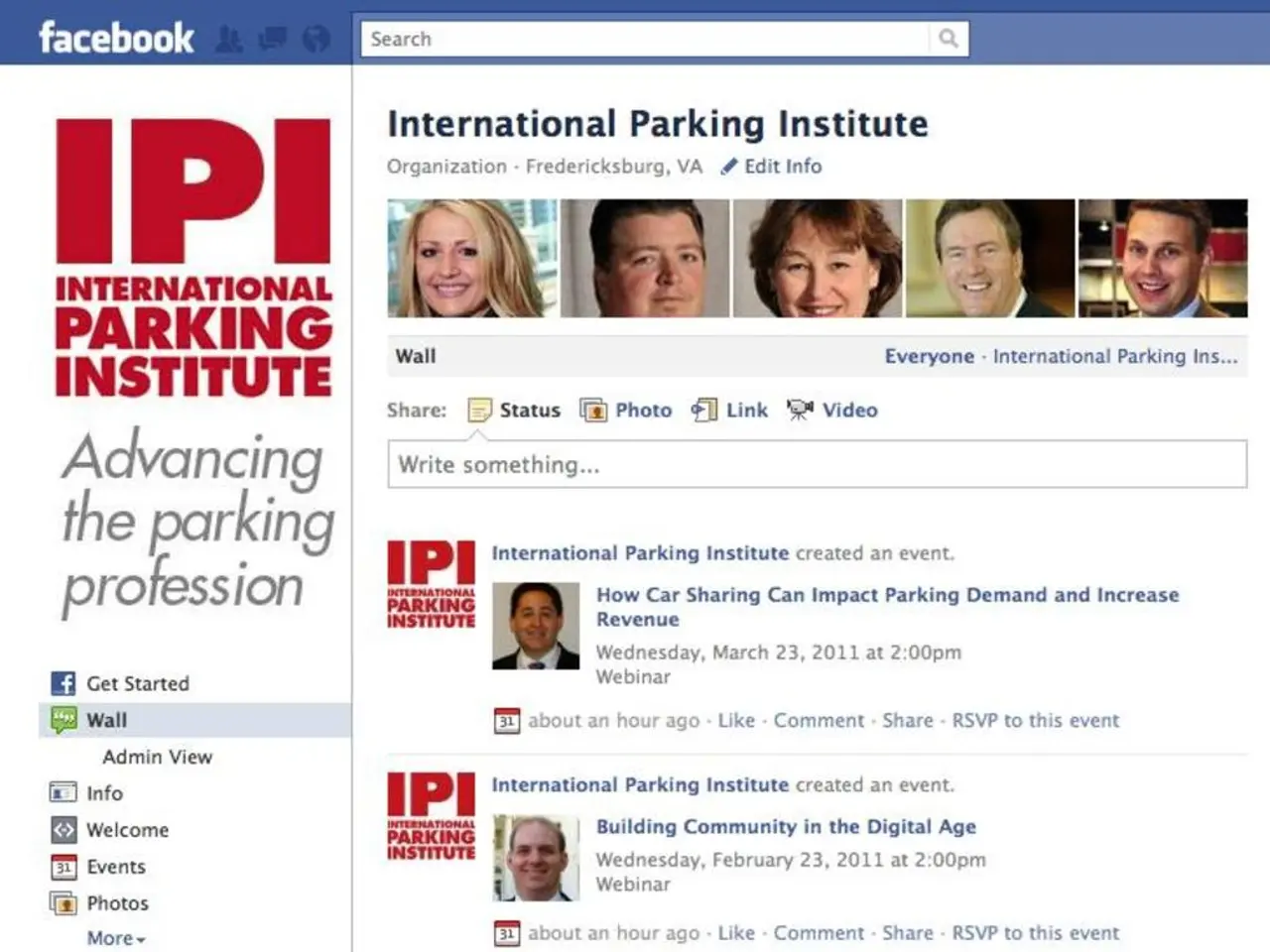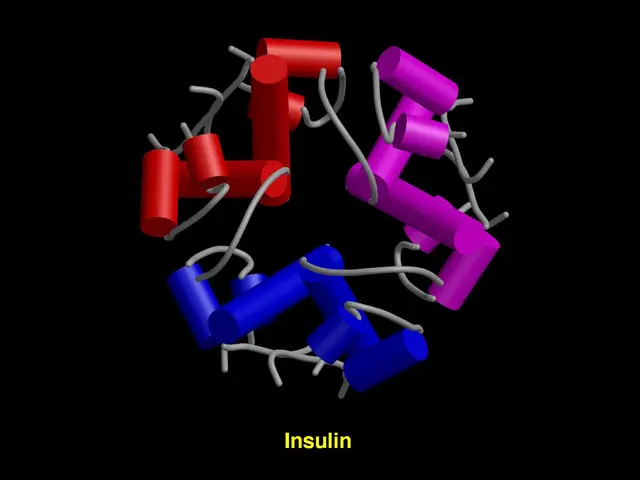Impact of Social Media on Mental Health: Depression and Psychological Consequences
Social media has become an integral part of modern life, but its effects on mental health are a growing concern. A wealth of research indicates that excessive use can lead to a host of negative outcomes, including anxiety, depression, feelings of isolation, and emotional distress.
One of the key issues is the constant fear of missing out (FOMO), a phenomenon that can lead to compulsive behaviors and negatively impact self-esteem. Prioritizing social media networking over physical and social interactions increases the chances of mood disorders such as anxiety and depression.
A 2017 Canadian study found that students who use social media for more than 2 hours daily are considerably more likely to rate their mental health as fair or poor than occasional users. Similarly, findings from a population-based study show a decline in mental health in the U.S., with a 37% increase in the likelihood of major depressive episodes among adolescents.
Excessive use can also lead to compulsive checking of phones, which may interfere with sleep or result in choosing social media over in-person relationships or meetups. Limiting social media use to 30 minutes a day can reduce FOMO and relieve the loneliness, anxiety, depression, and sleep problems associated with excessive use.
However, it's important to note that social media isn't all bad. For voiceless individuals, it serves as a platform to air their views, talk about what they are facing, and find support, such as the #MeToo community. Social media-based networking among small groups of people, including those with social anxiety or marginalized groups like the LGBTQIA+ community, can be beneficial for self-expression and meeting like-minded individuals.
Despite these benefits, the negative effects of excessive social media use are significant. Frequent use is linked to increased anxiety and depressive symptoms, partly due to emotional dependence and negative social comparison. Users may also experience social isolation, compulsive use, neglect of responsibilities, sleep disturbances, mood swings, irritability, and physical symptoms such as headaches, eye strain, and repetitive strain injuries.
Managing the effects of social media requires conscious effort. Turning off data connectivity at certain times, turning off notifications, leaving the smartphone out of reach while sleeping, and limiting use to a computer rather than a smartphone can help improve general mood, focus, and overall mental health.
In conclusion, excessive social media use can trigger or worsen mental health conditions by fostering unhealthy emotional coping mechanisms, disrupting sleep, and interfering with real-life social interactions and responsibilities. As more and more people turn to social media, it's essential to be aware of its potential impacts and take steps to use it responsibly.
References: 1. American Psychological Association. (2018). Social media and mental health. Retrieved from https://www.apa.org/topics/social-media-mental-health 2. Twenge, J. M., & Campbell, W. K. (2017). Social media and adolescent well-being. Retrieved from https://psycnet.apa.org/record/2017-17980-001 3. Kross, E., Verduyn, P., Demiralp, E., Park, J., Lee, M., Lee, J. Y., & Lee, J. (2013). Facebook use predicts declines in subjective well-being in young adults. Retrieved from https://psycnet.apa.org/record/2013-15334-001 4. Przybylski, A. K., Murayama, K., DeHaan, C. R., & Gladwell, V. (2014). Negative associations of passively reading about others' lives online with well-being. Retrieved from https://psycnet.apa.org/record/2014-13840-001
- Social media use, particularly when excessive, has been associated with a rise in depression and anxiety, complicating the landscape of raceandmentalhealth.
- Evidently, ulcerative colitis, a digestive condition, might not be immediately linked to mental health, but research within the field of health-and-wellness suggests a connection.
- Predictive science forecasts that social media engagement could exacerbate emotional distress and worsen anxiety, depression, and feelings of isolation in individuals with mental health issues.
- AQ (Al FAQ HP Questionnaire), a tool used to identify health-related quality of life problems, could potentially help measure the impact of social media on an individual's emotional well-being.
- A growing body of evidence from science indicates that entertainment industries, whether film, music, or gaming, can help alleviate symptoms of depression and anxiety when utilized constructively as part of a mental-health treatment plan.
- On the flip side, certain entertainment forms, especially those excessively promulgated on social media, could potentially exacerbate mental health issues by promoting unhealthy emotional coping mechanisms and reinforcing damaging narratives.
- By fostering awareness about the connection between social media, emotional health, and mental well-being, we can empower individuals to make informed decisions, ensuring healthier lifestyle choices and a more balanced use of social media within our communities.





